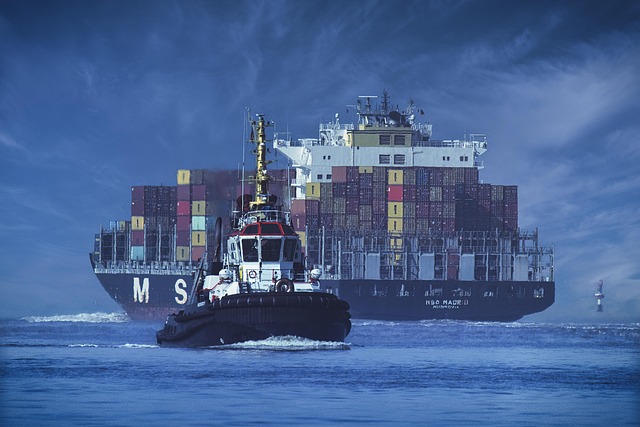As we navigate through the complexities of climate change, it becomes increasingly clear that every sector has a role to play in achieving sustainability. Among the key players is water freight transport, a mode of transportation that is often overlooked yet holds significant potential for reducing emissions and mitigating environmental impact. In a world where the urgency to combat climate change has never been greater, understanding the intricacies of our transport systems is essential.
Water freight transport utilizes the vast expanses of our oceans and waterways, offering a low-carbon alternative to road and air freight. The efficiency of this mode not only reduces greenhouse gas emissions significantly but also minimizes road congestion, thereby improving air quality in urban areas. By shifting goods from trucks and planes to ships, we can drastically lower our carbon footprint. A typical container ship emits about 40% less CO2 per ton-mile than a truck, presenting a compelling case for the adoption of water freight transport.
Moreover, the environmental benefits extend beyond mere carbon reduction. Water freight transport utilizes much larger capacities, thereby reducing the number of trips required to move goods. This transport mode can also help reduce noise pollution and road accidents associated with increased trucking activities. The ripple effect of these benefits contributes to an overall healthier ecosystem, reinforcing the need to invest in and promote such sustainable practices.
However, it’s essential to acknowledge that water freight is not without its challenges. Marine transport can contribute to marine pollution, maritime accidents, and invasive species through ballast water discharge. Cooperative initiatives, regulations, and technological innovations must be embraced to address these issues and harness the full potential of this transport mode.
By pushing for cleaner fuels, enhancing vessel design, and utilizing digital tools for route optimization, stakeholders in the maritime industry can significantly decrease their environmental impact. Efforts such as these are crucial steps toward curbing climate change and safeguarding our planet’s ecosystems.
The need for sustainable solutions in water freight transport cannot be overstated. As consumers, businesses, and policymakers, we must recognize the power of our choices. Supporting green logistics and advocating for sustainable transport options in our supply chains will amplify the positive impact of water freight. Each decision we make today can cultivate a future where economic activity and environmental responsibility coalesce seamlessly.
In embarking on this journey towards sustainable water freight transport, we unlock a pathway to a healthier planet. The choices we make today will define the world of tomorrow. As we work collectively towards minimizing emissions and mitigating climate change, let us not underestimate the profound impact that water freight transport can have on the environment. Now is the time to align our practices with the principles of sustainability for the benefit of generations to come.



